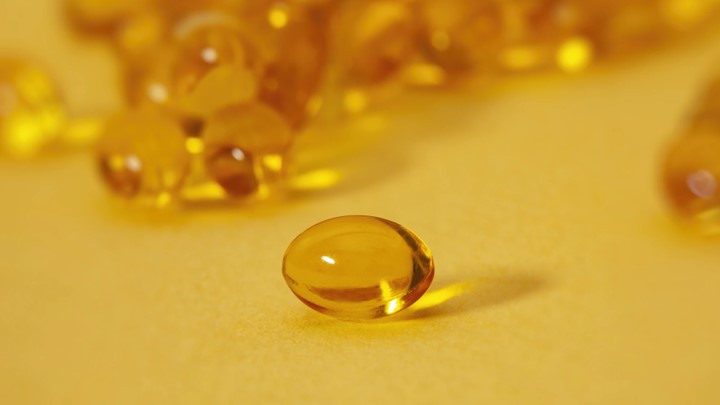COVID-19 has caused significant concern and anxiety worldwide since its emergence in 2019. Although there are still many unknowns about this virus, one area of interest is the role of vitamin D in COVID-19 prevention. Vitamin D is a nutrient that plays a critical role in supporting overall health, including immune function.
In this article, we will explore the current research on the relationship between vitamin D and COVID-19, and how you can ensure that you are getting enough of this important nutrient.
What is Vitamin D?
Vitamin D is a fat-soluble nutrient that is essential for maintaining strong bones and teeth, as well as supporting overall health. Our bodies produce vitamin D when our skin is exposed to sunlight.
We can also obtain vitamin D from certain foods, including fatty fish, egg yolks, and fortified dairy products.
The Role of Vitamin D in Immune Function
Vitamin D plays a critical role in supporting immune function. It helps to activate immune cells, including T cells and B cells, which are responsible for recognizing and attacking pathogens like viruses and bacteria.
Vitamin D also helps to regulate the production of cytokines, which are proteins that help to coordinate the immune response.
Vitamin D and COVID-19
There is growing interest in the potential role of vitamin D in COVID-19 prevention. Several studies have suggested that vitamin D may help to reduce the risk of COVID-19 infection and severity of illness.
A study published in the Journal of Clinical Endocrinology and Metabolism found that individuals with low levels of vitamin D were more likely to test positive for COVID-19 compared to those with sufficient levels of vitamin D.
Another study published in the Journal of the American Medical Association found that COVID-19 patients with vitamin D deficiency were more likely to experience severe illness and require hospitalization.
While these studies suggest a potential role for vitamin D in COVID-19 prevention, it is important to note that more research is needed to fully understand the relationship between vitamin D and COVID-19.
How to Ensure You Are Getting Enough Vitamin D
There are several ways to ensure that you are getting enough vitamin D:
- Sun Exposure: Our bodies produce vitamin D when our skin is exposed to sunlight. Aim to spend 10-15 minutes in the sun without sunscreen, several times per week. It is important to note that excessive sun exposure can increase the risk of skin damage and skin cancer, so it is important to balance sun exposure with skin protection.
- Food Sources: Some foods are naturally rich in vitamin D, including fatty fish, egg yolks, and fortified dairy products. Be sure to include these foods in your diet regularly.
- Supplements: If you are not able to get enough vitamin D from sunlight and food sources, you may consider taking a vitamin D supplement. It is important to speak with your healthcare provider before starting any new supplements.
- Testing: If you are concerned about your vitamin D levels, you can ask your healthcare provider for a blood test to measure your vitamin D levels.
In Conclusion
While the research on the relationship between vitamin D and COVID-19 is still emerging, there is growing evidence to suggest that vitamin D may play a role in supporting immune function and reducing the risk of COVID-19 infection and severity of illness.
Always ensuring that you are getting enough vitamin D through sun exposure, food sources, and supplements, you can support your overall health and immune function during this challenging time.

